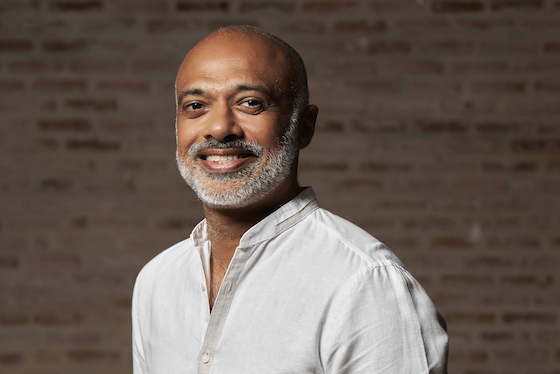Rohit Sachdev takes the long view when it comes to hotels and hotel dining. “The new normal will be the old normal,” he said. “Hygiene standards will need to be maintained and demonstrated, and hand sanitizers are here to stay, but I don’t believe you’ll be checking the temperatures of guests 12 months from now.”
Though he is optimistic, Sachdev, CEO of Bangkok-based restaurant and hotel designer Soho Hospitality, believes hotel F&B operations need to adapt, be nimble and leverage their strengths — not only to survive the pandemic but to remain competitive with independent restaurant operators.
“What’s happened is hotel restaurants were already struggling, and then the pandemic hits, and countries go into lockdown,” he said. “Markets will open again, but it’s going to take a while, and F&B revenue is going to be further constrained, so I think hotels will need to reinvent themselves.”
One way to do that is to take underused culinary spaces — think closed restaurant kitchens or unused catering kitchens — and turn them into “cloud kitchens.” “Cloud kitchens are restaurants with no storefront and do delivery only,” Sachdev said. “Customers cannot get their food (from these restaurants) any other way than delivery.”
This goes hand-in-hand with another paradigm shift: “Dining out now means staying home and ordering from a restaurant,” Sachdev said. “So, what’s dining out? If you want people to dine out at your restaurant, you have to have more than just food and beverage. Now, you have to have an entertainment component. You have to give people a reason to get out of their pajamas and head out to dine in restaurants.”

Contributed by Jeanette Hurt
Restaurants that blur the lines between dining establishment and entertainment give people that reason. “It starts out as a dining establishment, but as the night continues, it morphs into a nightclub,” Sachdev said. But there are other ways to entertain, such as restaurants where the chef cooks tableside and interacts with the diners while they eat.
“The experience can be anything, but it has to be authentic because gimmicks don’t work today,” Sachdev said. “It has to be something that is envisioned as part of the overall restaurant or dining concept ideology.”
Restaurants also need to operate even more efficiently – reduce menu size, adjust staffing levels. “You’re going to be operating on very tight budgets and very tight operating margins until we can thrive again,” he said.
More autonomy
Chefs and F&B managers need to have the autonomy to respond quickly to their markets and to take risks. This will allow hotel restaurants to better compete with independent restaurants. “A lot of hotel groups have got very large organizations so implementing change management is not an easy task,” Sachdev said. “Some of these hierarchical structures need to be unraveled because they do sometimes dampen the creative spirit. We’re seeing a lot of hotel groups give (chefs and managers) a lot more freedom, and their compensation is tied to the outlet’s performance.”
Consumers are savvy about choosing where they will dine when they travel. “Traveling for food is now a thing, and consumers are extremely knowledgeable about what’s out there, and there’s a lot of data they can easily access,” Sachdev said.
Technology can also help hotels and their F&B departments respond adeptly to changing consumer needs. “There’s a lot of analytical technologies out there that can predict your supply chain requirements based on consumption and usage, and there’s a lot of innovation (in technology) that’s coming into the F& B industry,” he said.
But no where is technology more important than in consumer metrics, Sachdev points out. “We have a feedback form in our restaurants that we give to all of our customers,” he said. “If a customer ranks us below any key performance thresholds, the restaurant manager and my director of operations are immediately alerted. If something went wrong, we can implement service recovery.”
This is especially, especially important, Sachdev points out, because restaurants are not yet operating at full capacity, and now, more than ever, it is important to retain customers. “You used to have 100 customers,” he said. “Today, you have 25 customers. You need to make sure you’re delivering a wow to each of those 25 customers. That has to be your guiding line. You’re going to have to scale down before you scale back up again.”
